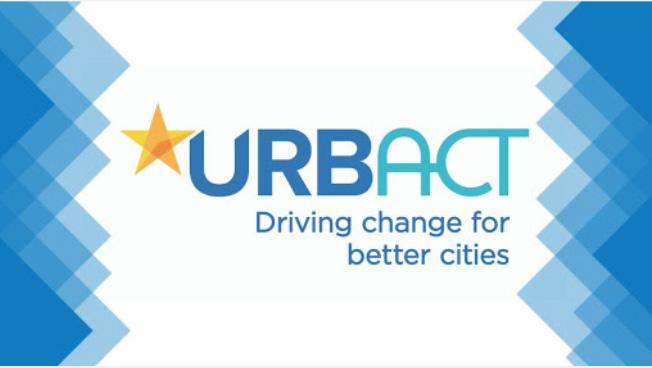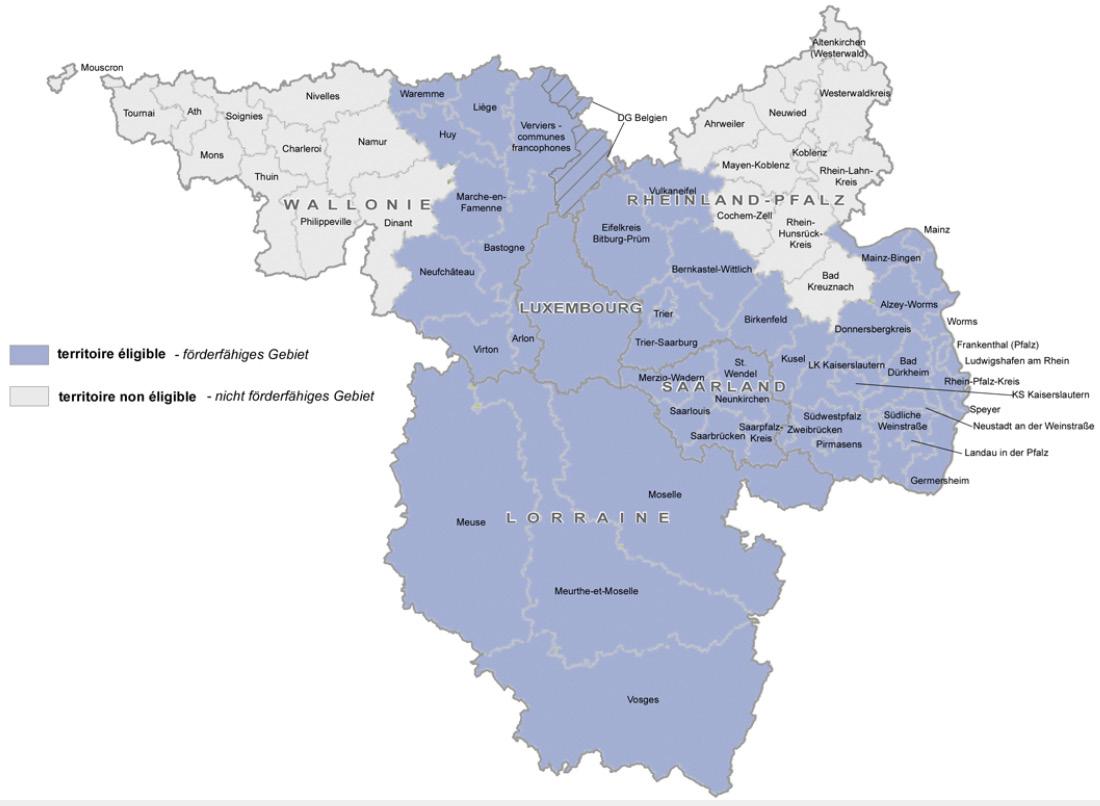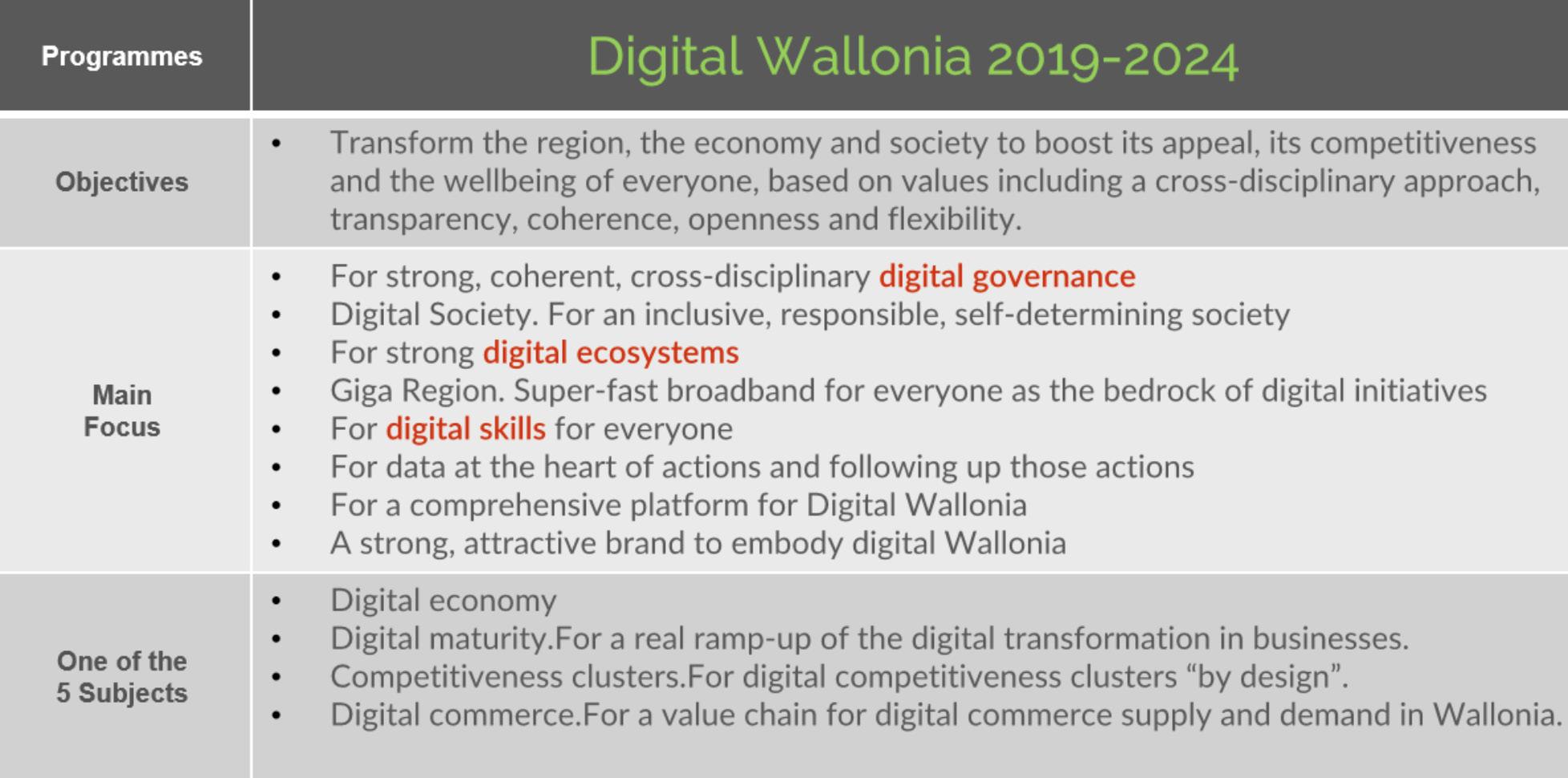
3 minute read
Visions

Regional economic divergence has become a threat to economic progress, social cohesion and political stability in Europe. Market processes and policies that are supposed to spread prosperity and opportunity are no longer sufficiently effective. Regional economic divergence has become a threat to economic progress, social cohesion and political stability in Europe. And political stability. Market processes and policies that were supposed to spread prosperity and opportunities are no longer effective enough. As is is visible on map, Limburg is a region whose GDP per head and GDP per head growth are both low. They are in a relatively backward position. So from the EU level, Regional economic rebalancing is particularly important. For this, many regional plans in Wallonia have been introduced.
Advertisement


Visions: Keywords for regional development


Soft factors Integration

The ERDF Programme for Wallonia aims to boost GDP growth per capita and to contribute to achieving the Europe 2020 targets for smart, sustainable and inclusive growth.


The Programme will focus on the following priorities: - Strengthening research, technological development and innovation. Improving research and innovation infrastructure and creating synergies between businesses, R&D centres and Higher Education sector - Enhancing creation and competitiveness of SMEs’ - Investing in education, training, vocational training and lifelong learning by upgrading infrastructure and equipment. - Fostering low carbon economy through the use of renewable energies, energy efficiency in buildings and sustainable multimodal urban mobility. URBACT III is a European Territorial Cooperation programme jointly financed by the ERDF, nearly 75 million euro. It is a huge plan involving many countries, mainly focus on the these parts


At the heart of the programme is the objective of a facilitated access to the cross-border labour market through different labour mobility initiatives, including those linked to transport, education and training.



Geography

In 2015, the Walloon government adopted the “Marshall Plan 4.0” under the auspices of the Council of Ministers. Wallonia’s Marshall Plan is more focused on industrial and innovation policy, including through clusters (competitiveness poles). The federal government does maintain a national policy for urban development, focused on social cohesion and housing.

This means that it will strengthen actions to promote a context favourable to the creation of jobs and activities, consolidate the priority given to training, research and its development, continue work to mobilise the region so as to boost the economic fabric and focus its support on the energy transition.
The extension 4.0 symbolizes the fourth industrial revolution, that is, digitization.





Digital Wallonia is a comprehensive project designed to transform the region, the economy and society to boost its appeal, its competitiveness and the wellbeing of everyone, based on values including a cross-disciplinary approach, transparency, coherence, openness and flexibility.





